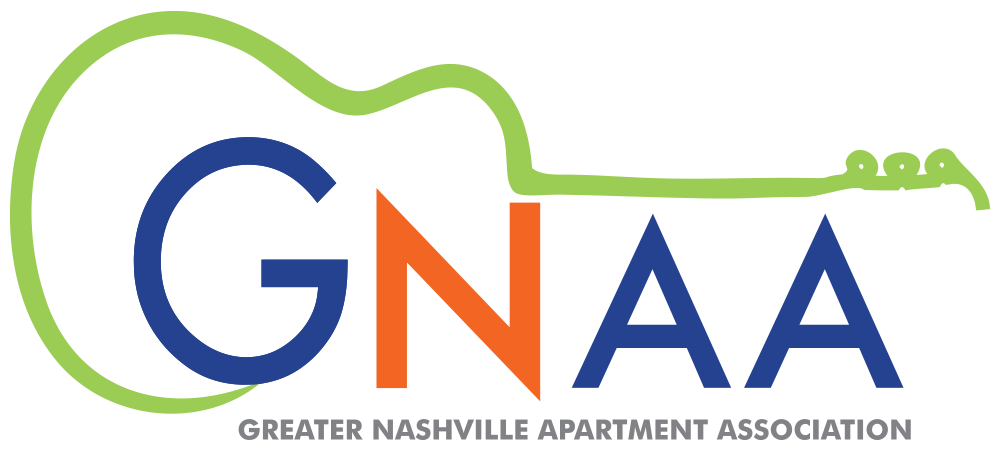To Post or Not to Post? That is the (Fair Housing) Question.
![]()
As those in the multi-family industry can testify, the Fair Housing Act (FHA) plays a starring role in how property managers run their communities. From the proverbial ground up, every aspect of property management is subject to government scrutiny to ensure that a community is compliant with FHA rules and regulations.
The way in which a property is advertised on social media is not immune to this fact. According to the FHA, it is illegal to publish any advertisement “with respect to the sale or rental of a dwelling that indicates any preference, limitation, or discrimination based on race, color, religion, sex, handicap, familial status, or national origin.” Those who violate the Act could face some serious ramifications, up to and including thousands of dollars in fines. So how do you protect yourself from potential risk?
The following are five steps you can take to avoid the pitfalls of social media non-compliance.
Step 1; Utilize the Equal Housing Opportunity (EHO) Logo
Any social media post, whether intended or not, can be construed as an advertisement. To ensure that your posts are Fair Housing Act-compliant, always include the EHO’s logo, slogan, or statement. This information can be found by visiting the U.S. Department of Housing and Urban Development’s website at www.hud.gov.
Step 2: Appoint a social media “supervisor”
Designate a member of your staff to run regular checks on your community and social media websites. This person should have an eye for detail and be able to spot any information or language considered discriminatory, or that could limit or deny access to an individual member of what the FHA considers a protected class.
Step 3: Training, training, training!
It cannot be stressed enough: training is your number one safeguard against Fair Housing complaints! So before giving anyone access to your community and social media websites, make sure that person is fully trained in all things Fair Housing. Both new and existing employees should also take note that all social media posts pertaining to their communities, including those on their personal accounts, could potentially put their employers at risk for Fair Housing complaints, and thus, should always proceed with caution.
Step 4: Pictures are worth….saving thousands in fines
Perhaps one of the best and easiest ways to stay social media-compliant is by showing diversity in the images you post. Add images to your community and social media websites that include individuals of different races, people with disabilities or a variety of ages, or families with and without children. It is important for people of protected classes to know that should they choose your community, they will be treated as they should be – fairly and equally!
Step 5: Say it with words
The best advice for anyone posting to social media is simple: choose your words wisely. Avoid using racial or ethnic terms, references to religion, or verbiage that is exclusive of people with disabilities or limitations based on familial status. Or, be extra cautious by avoiding describing individuals altogether. Instead, use welcoming language that describes your community and why it is the best place to live!
With these tools in hand, yours can be a Fair Housing friendly community, in person and on social media.
As always, whenever in doubt, consult your attorney!

